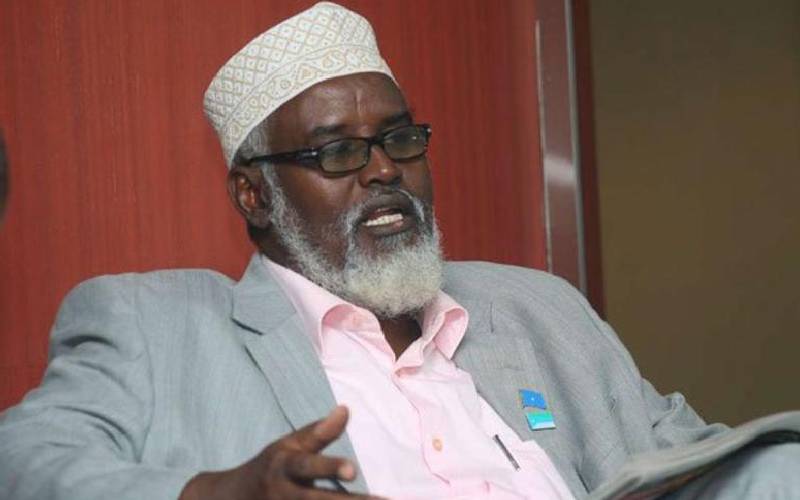×
The Standard e-Paper
Fearless, Trusted News

With three weeks to the elections, Jubaland has seen heightened political temperatures as political leaders and former army chiefs battle the end of Sheikh Ahmed Madobe’s eight-year reign.
In his bid to recapture his seat, Madobe, is facing stiff opposition from some of the candidates who were his allies in the campaigns that have been marked by dirty tricks and slander.